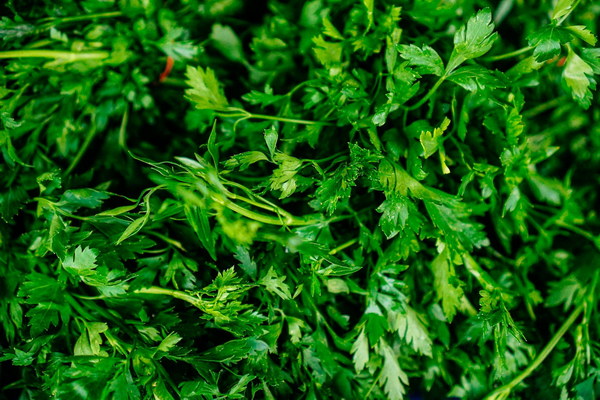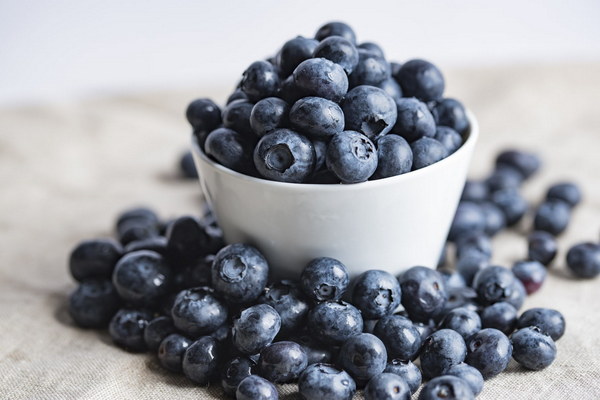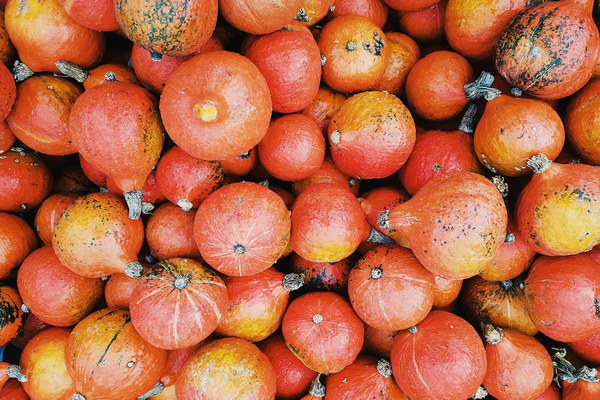Revitalize Your Lungs with the Time-Honored Li Shizhen's Detoxifying Lung Soup
In the realm of traditional Chinese medicine, there are countless remedies and elixirs that have been passed down through generations. One such remedy that stands out is the Li Shizhen's Detoxifying Lung Soup, a classic concoction designed to purify the lungs and enhance overall well-being. This article delves into the origins, ingredients, and benefits of this ancient recipe, highlighting its significance in modern times.
Li Shizhen, a renowned physician and pharmacologist from the Ming Dynasty, is often referred to as the Chinese Hippocrates. His comprehensive tome, Compendium of Materia Medica, encompasses a vast array of medicinal plants and their applications. The Detoxifying Lung Soup is one of his many contributions to traditional Chinese medicine, aimed at promoting lung health and vitality.
Ingredients:
The Detoxifying Lung Soup is made with a blend of natural ingredients that have been carefully selected for their lung-cleansing properties. Here are some of the key components:
1. Elderflower: Known for its diaphoretic and expectorant properties, elderflower helps to alleviate coughs and respiratory conditions.
2. Fritillaria: This herb possesses anti-inflammatory and expectorant qualities, making it an excellent choice for treating respiratory infections.
3. Platycodon grandiflorus: Also known as Huangqin or Chinese Platycodon, this herb is used to relieve coughs, colds, and respiratory congestion.
4. Honey: A natural sweetener and demulcent, honey helps to soothe the throat and enhance the effectiveness of the other ingredients.
5. Chicken or pork bone broth: This provides a rich source of nutrients and helps to nourish the lungs and immune system.

Preparation:
To prepare the Detoxifying Lung Soup, start by simmering the chicken or pork bone broth with the elderflower, fritillaria, and platycodon grandiflorus for approximately 30 minutes. Once the herbs have been infused, strain out the solids and return the liquid to the pot. Add honey to taste and heat gently until warm but not boiling.
Benefits:
The Detoxifying Lung Soup offers numerous health benefits, including:
1. Improved lung function: By removing impurities and toxins from the lungs, the soup helps to enhance respiratory health and reduce the risk of infections.
2. Strengthened immune system: The natural ingredients in the soup work together to boost the immune system, making the body more resilient to illness.
3. Soothing sore throat: The honey in the soup provides a soothing effect on the throat, alleviating discomfort and promoting healing.
4. Nourishing the lungs: The chicken or pork bone broth and other ingredients in the soup help to nourish and strengthen the lungs, promoting overall well-being.
How to Incorporate the Detoxifying Lung Soup into Your Diet:
The Detoxifying Lung Soup can be enjoyed as a warm beverage on a daily basis, especially during the cold and flu season. For best results, drink it at least once a day, and consider the following tips:
1. Start with a small amount: If you're new to the soup, begin with a small serving and gradually increase the amount as you become accustomed to the flavor.
2. Adjust the ingredients: Feel free to modify the recipe by adding or removing certain ingredients based on your preferences and health needs.
3. Pair with other lung-boosting foods: Incorporate other lung-friendly foods, such as ginger, garlic, and turmeric, into your diet to complement the Detoxifying Lung Soup's benefits.
In conclusion, Li Shizhen's Detoxifying Lung Soup is a timeless remedy that offers numerous health benefits. By incorporating this traditional Chinese medicine into your daily routine, you can promote lung health, strengthen your immune system, and enjoy overall well-being.









